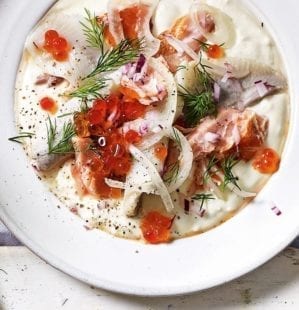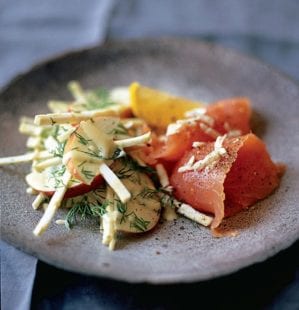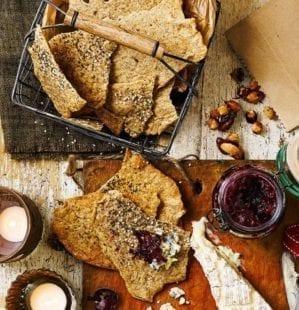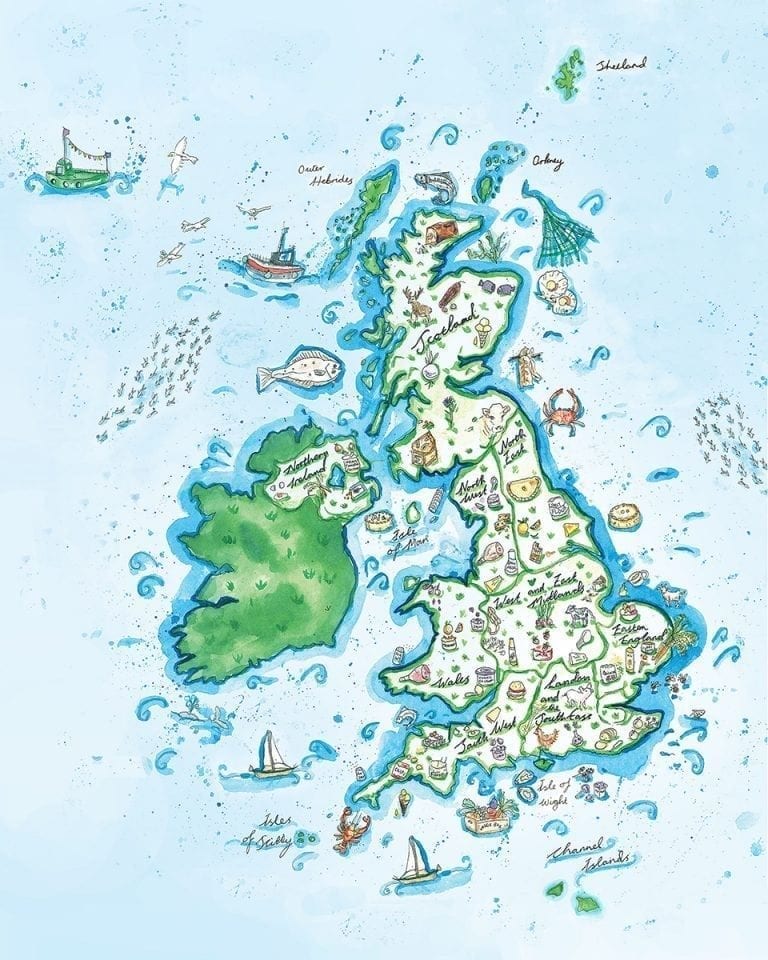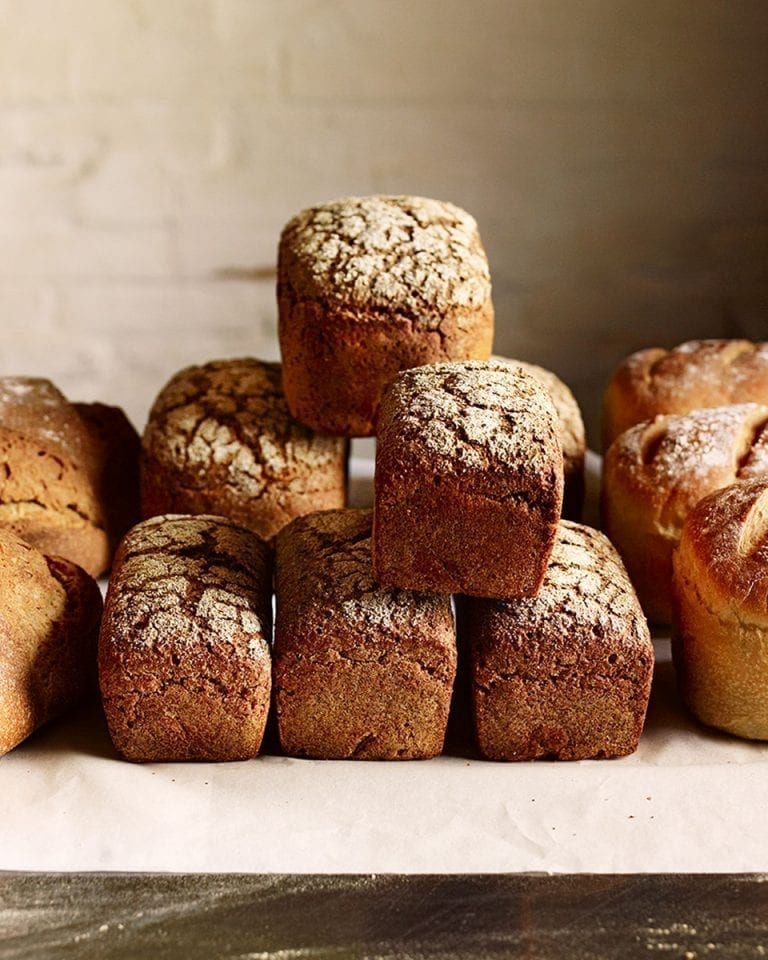2017 delicious. Produce Awards winner: Campsie Glen
The Campsie Glen Smokehouse blends centuries-old traditions with clever innovation to create its celebrated cured fish.
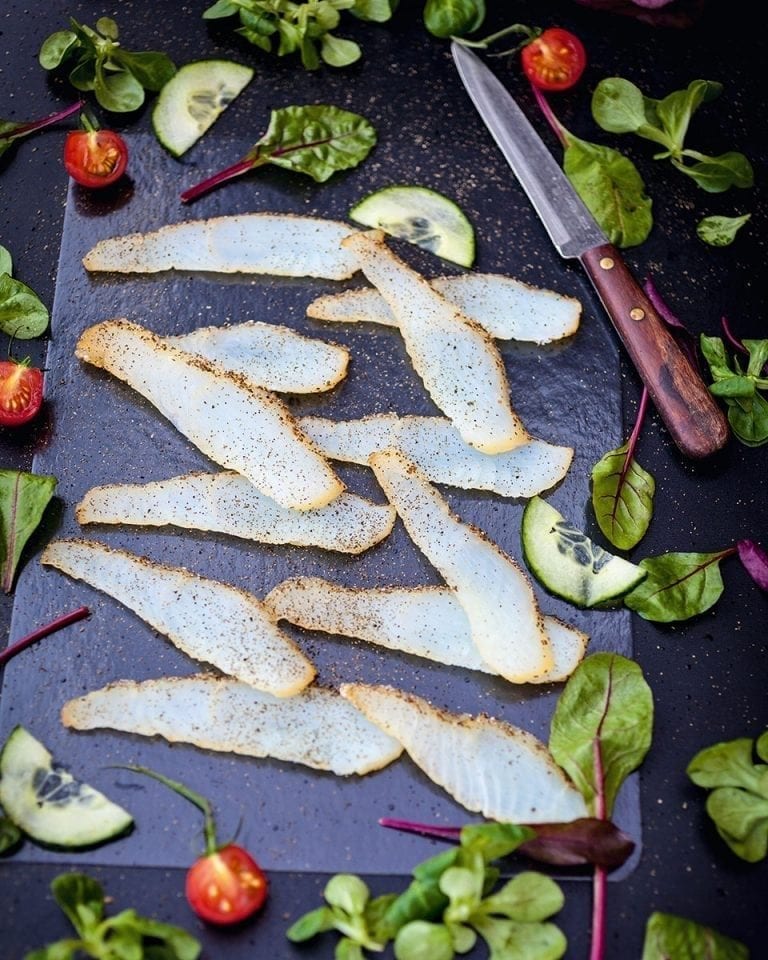
Susan Low travelled to the outskirts of Glasgow to meet ‘seafood charcutiers’ Duncan and Cathie Smith.
Duncan Smith has the charm of a born storyteller. As he explains in his lilting Hebridean accent how he and his wife Cathie created their business, I’m transported to the Isle of Lewis, their childhood home. Despite the romantic name, Campsie Glen Smokehouse is in a light industrial unit in a suburb north of Glasgow. Across the way is a laundry and, around the corner, Mr Bubbles Car Wash. But as Duncan speaks, I’m hearing the cry of gulls and feeling the Hebridean sea breeze (the penetrating drizzle falling outside is real enough).
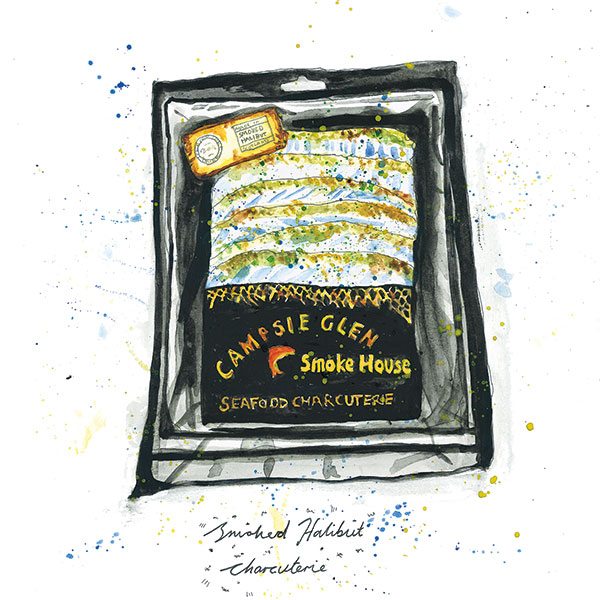
Linking past and present
“I remember the days before domestic refrigeration on the island,” he recalls. “When you had a glut of fish, the only method of preservation was curing, salting, then drying. Every household had their own way. We had a peat-burning stove that was on all day, so the attic space above it was always warm and dry. At the end of curing time we’d hang up the fish to dry – there would be haddock, pollock and cod. Once dried, it was like cricket bats and, before using, it had to be steeped in water to rehydrate and remove the salt. That was my introduction to curing.
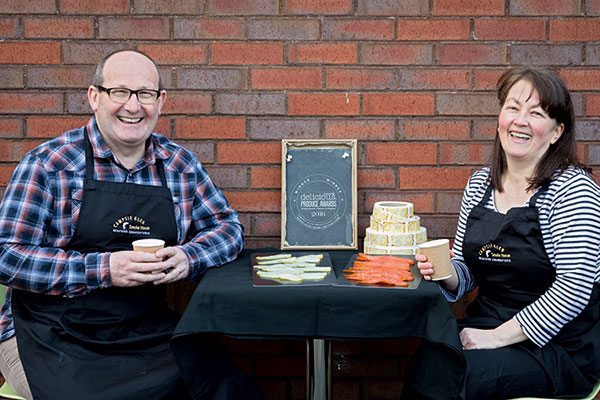
“Today I cast my mind back to that – it was a kind of charcuterie-making in its own right, and that’s what I’m tapping into. It’s good to go back to your roots.” Curing may have acquired a certain hipster cachet among international chefs and foodies over the past 10 years, but it’s in Duncan’s DNA. “Both my grandfathers were in the fish business,” he says.
“In the early part of the 20th century, my paternal grandfather, John Smith, would begin his annual season in May, fishing for herring out of Stornoway. He’d follow the herring fishing around the coast of the British Isles by joining the crew of sailing boats in each port he stopped at – from Stornoway to Wick, Buckie, Peterhead, Eyemouth, down to Great Yarmouth and Lowestoft where he’d finish in October or November.
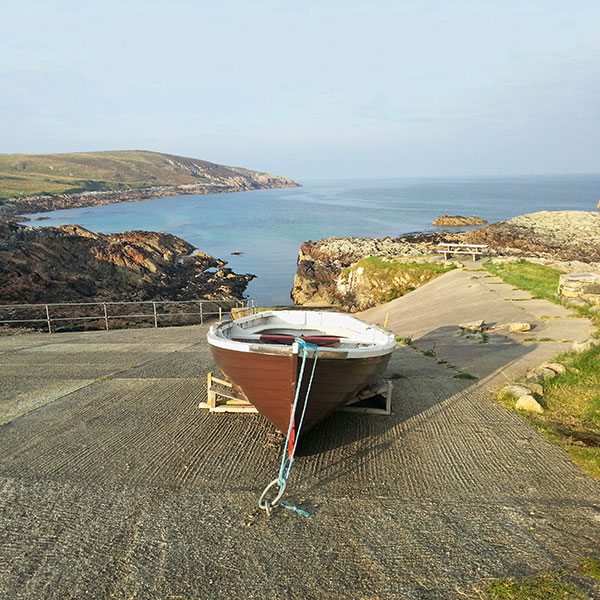
“He’d make his way back home with a wooden barrel full of salt herring to last the winter. Winter would be spent fishing locally for plaice, haddock, cod and ling, as weather allowed.” Duncan’s maternal grandfather, Angus Maclean, sold locally caught herring by horse and cart in his village of Carloway on the Isle of Lewis.
Yet Campsie Glen’s creations don’t just hark back to the past; the Smiths wanted to “update a previous generation’s methods and make them relevant”. They coined the term “seafood charcuterie” to differentiate what they do. Duncan, an accountant by training, has spent 20 years working in Scotland’s salmon industry, so there’s little he doesn’t know about the fishing, farming, smoking and selling of it.
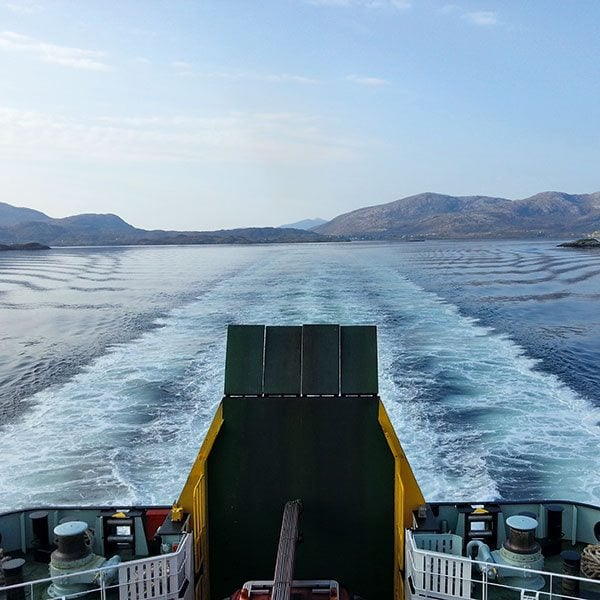
It wasn’t just the North East Atlantic and Scottish lochs that influenced his thinking but also the very different landscape of southern Spain, the home of Iberian pigs. “One of our inspirations was pata negra ham,” Duncan explains. “The texture of our fish is ham-like and that’s no accident. I realised there wasn’t a seafood equivalent but that there was a customer base for stronger flavours.”
To get the exact taste and texture they were after, he and Cathie have developed what Duncan believes is a unique way of curing the fish. “I’ve never come across anyone in the industry who’s doing what we do,” he says. I’ve sworn not to reveal their exact methods.
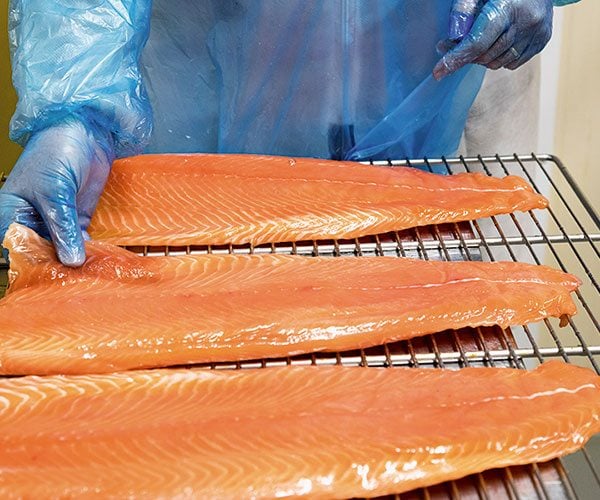
What he will reveal…
Campsie Glen cures three types of fish (salmon, trout and halibut) and uses three different cures (highland, island and lowland). It was the halibut with the island cure that won one of delicious. magazine’s Produce Awards last year. The cure is made from dried Hebridean seaweed, salt, sugar and rum – “rum has had a long association with the sea,” says Duncan.
Long curing is key. “We typically cure for seven days and never less than three,” says Duncan. “Someone trying to impress you with how long they cure might say 12-15 hours.”
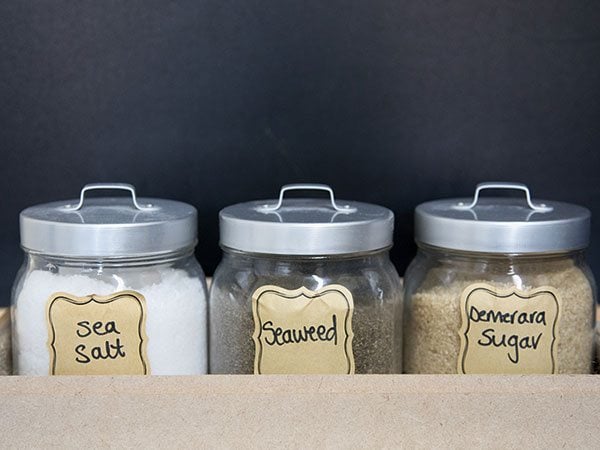
Smoking and drying are done in an ingenious temperature-controlled, programmable stainless steel unit custom-made in France. “We experimented with all different types of wood,” Duncan explains, “but ended up going with oak and cherry. On its own, oak is a little harsh, but the cherry adds a sweet roundness.”
Job done
As we taste the range of finished fish, Duncan assesses carefully. “You can taste the fish, you can taste the cure, you can taste the smoke. Our aim is to be able to taste all three and, if we do that, we’ve done our job.”
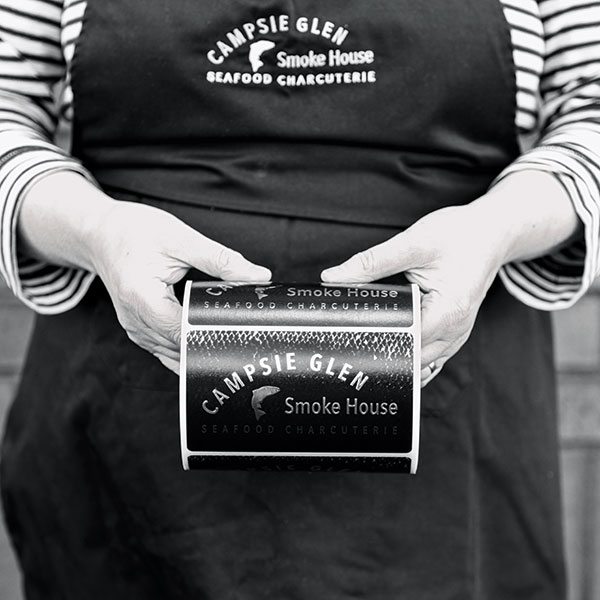
At just over two years old, Campsie Glen is a young company, but it’s the culmination of what Duncan, slipping into accountant mode momentarily, describes as “the result of a 20-year gap analysis”. It’s no surprise to hear he and Cathie have more ideas on the go – and no doubt there will soon be more stories to tell.
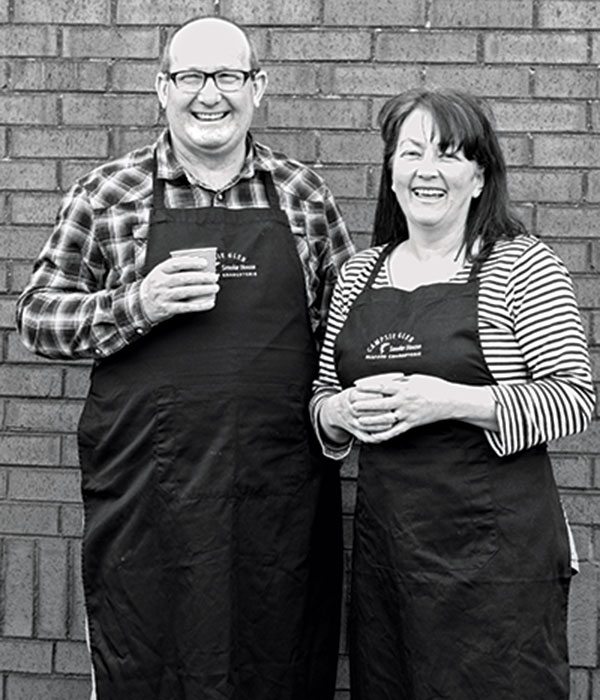
Find out more about the delicious. Produce Awards here
Subscribe to our magazine
Food stories, skills and tested recipes, straight to your door... Enjoy 5 issues for just £5 with our special introductory offer.
Subscribe
Unleash your inner chef
Looking for inspiration? Receive the latest recipes with our newsletter

